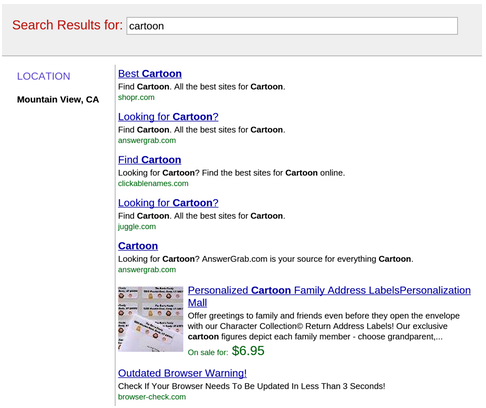Google regularly revisits its algorithms, making changes as necessary to ensure it’s providing users with relevant, organic results. To maintain its position as the No. 1 search engine, Google also keeps its eyes and ears open for any black hat SEO strategies that webmasters may be using to push their way to the top of SERPs. Brafton recently covered an interview in which Matt Cutts asserts the best way to become a dominant domain is to use fundamental marketing practices, but it seems brands have not necessarily heeded his warning.
In a recent post for the Webmaster Central Blog, the Search Quality Team reminds webmasters not to fall into the trap of deceptive SEO practices.The warning broaches the idea of some publishers trying to earn more web visibility and online traffic by altering users’ search histories.

The practice, as outlined in the blog, redirects users who hit the “back button” on their browsers. Instead of viewing a past page, the website sends visitors to a new site comprised entirely of advertisements. These deceptive pages often look very similar to the natural SERPs, Google warns.
To prevent this practice from continuing or picking up steam, Google’s post threatens to remove any domains using this practice from search results.
“To protect our users, we may take action on, including removal of, sites which violate our quality guidelines, including for inserting deceptive or manipulative pages into a user’s browser history,” the blog states.
In general, SEOs can play it safe by sticking with white hat content marketing strategies. Instead of looking for quick wins that employ questionable practices such as redirecting users to pages they never intended to visit, brands will see better results when they create online content worth reading and sharing.





